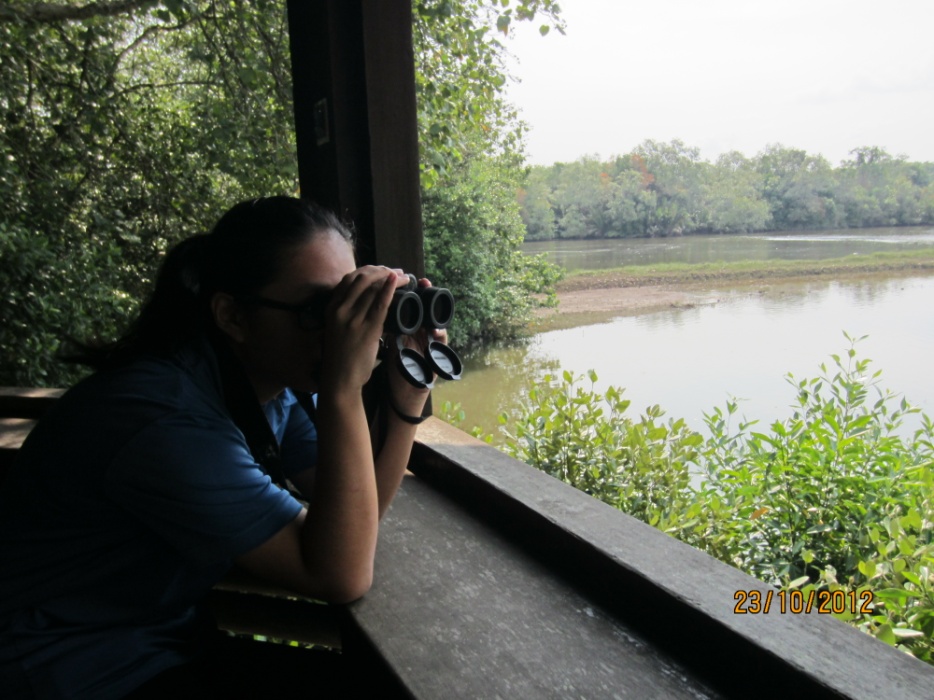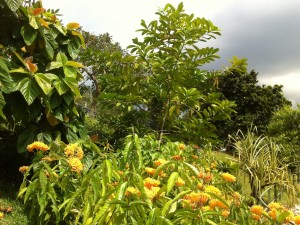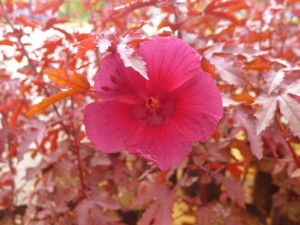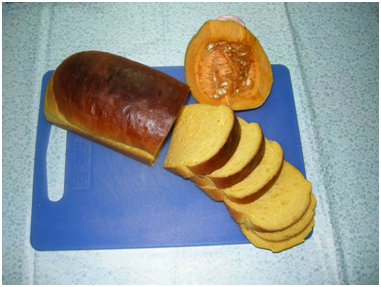My Time in the Sun
Before coming on the internship, I was a frequent visitor to Sungei Buloh Wetland Reserve. Growing up in the urban heartland of Singapore, I had always looked upon my trips to the reserve with delight as it was always an opportunity to get in touch with nature.
Providing peace of mind
It seemed like the perfect place to wind down and escape from the hustle and bustle of city life, the endless phone calls and the ever-present rat race. I would visit the reserve with groups of friends, and just chat as we stroll down the predesigned routes, enjoying the sun's warm caress, gentle breeze and soft crunch of gravel beneath our feet. The reserve was, for me, purely a place of recreation.
Sometime in September last year, our school offered a range of internship programmes as part of the post-examination activities. Upon browsing the list, I was immediately attracted to an opportunity to intern at Sungei Buloh.
Students on the internship were expected to assist the Sungei Buloh staff in their work and in the process, have the chance to learn more about Singapore's rich biodiversity. It seemed like such a wonderful opportunity to understand the day-to-day operations of one of my favourite parks, and I was hooked.
Eagerly, I signed up and was elated when I found out that I had been selected. Due to my previous experiences with the reserve, I had thought that the attachment would be, as all my previous visits had been, literally 'a walk in the park'. However, the experience was everything but.
More than meets the eye
During my stint, the other interns and I shadowed the officers, following them around and assisting them in their daily duties, such as animal censuses and bird ringing.
At the beginning, we would only watch as the officers carried out their duties, listening to them explain and occasionally popping a few questions. However, as time went on, we grew more familiar with the different aspects of the duties and we would help the officers in various ways such as jotting down various details during censuses and helping to spot the animals which we were conducting the census for. As part of our programme, we also spent time collating information about the biodiversity in the reserve to help in developing Sungei Buloh's upcoming iPad application.
We also conducted benthic surveys, which involved removing benthic organisms such as worms and crabs from soil samples collected around the reserve. The removed organisms were then preserved in pure ethanol - which I initially disliked because of the acrid smell but gradually grew familiar to. Through all these activities, I learnt more about how the reserve is run and also about the various flora and fauna species it plays host to.
As the days passed, I noticed how tedious it was to maintain the reserve. For example, a regular passerine census would take the officer through a 7-km trek in the heat of the day, complete with mosquitoes which just wouldn't give up.
However, what struck me was how the officers were so passionate about their jobs. Growing up in the city, I am used to the sight of white-collared workers going about their jobs with plain distaste and boredom, thus the sight of the officers gleefully conducting their duties and passionately explaining things to us was a stunning experience for me. They loved what they were doing. I vividly recall officers pointing eagerly at rarer birds that had stopped over in the reserve, their faces lighting up with childlike happiness.
Safeguarding Mother Nature
Most importantly, what hit me hardest was the majesty of nature. Being cityfolk, I think we often sit comfortably in our concrete altars of fame and power, forgetting how wonderful nature really is.
Like the aged apple tree in Shel Silverstein's ageless story "The Giving Tree", nature gave so much, yet man with all his greed just kept asking for more. With our supposed high intellect, we presume ourselves superior, but we forget that nature is far from being people's plaything.
To make way for our highways and houses, more and more forests are being cut down, and more and more animals are dying. In the past, early civilisations used to worship nature; while we don't have to pay tribute to a personification of nature, I think it is always vital that we remember how awe-inspiring nature really is, and to stop destroying it.
By Zhang Yi Jie
Author Note
Zhang Yi Jie was a River Valley High student who is interested in reading, cycling, and taking long walks outdoors. She did a month-long internship at Sungei Buloh Wetland Reserve in October 2012.
At the start of my internship, my fellow interns and I (that’s me seated at the table in the red shirt) spent most of our time observing the officers at work. Later, we were allowed to do more hands-on work.

During bird censuses, we would help the officers look around for birds using binoculars.
We would research for detailed information regarding the various flora and fauna in the reserve. In this case, we were focusing on birds that can be found in Sungei Buloh Wetland Reserve.
I enjoy visiting Sungei Buloh Wetlands Reserve and so I was elated when I was accepted as an intern there.
Have views or comments on this article? Let us know via this form. If you would like to give us feedback on any other areas relating to our parks and gardens, please submit via https://www.nparks.gov.sg/feedback








wizardzen 1/18/2013 4:24:12 PM